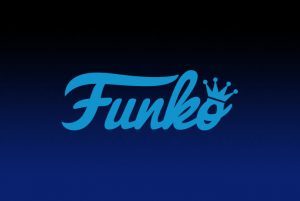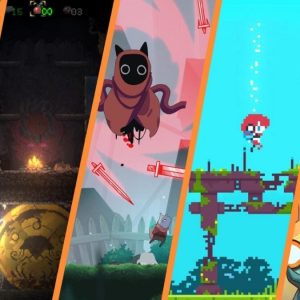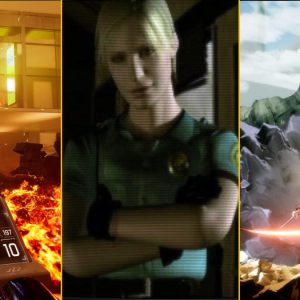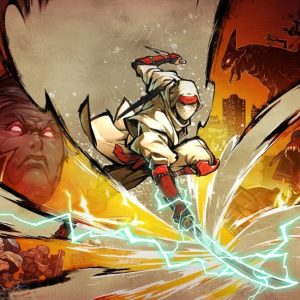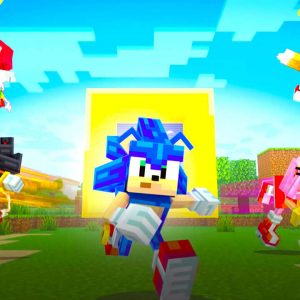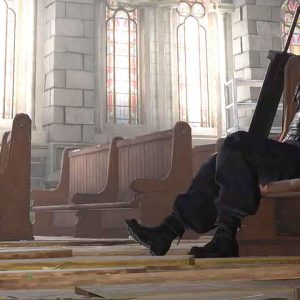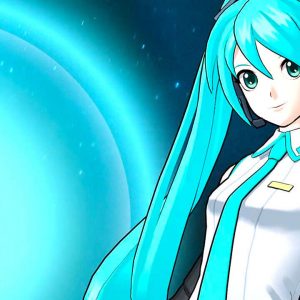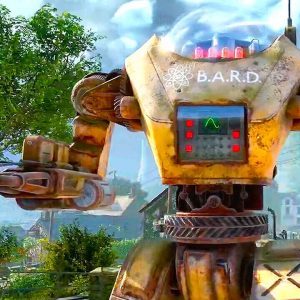“This is a fundamental of being in the game platform business,” Google’s Phil Harrison said.
Before Phil Harrison even joined Google, he wanted to ensure the company had its own game development studio for its inevitable entry into the industry.
I spoke to Harrison after the Google Stadia GDC 2019 reveal, specifically discussing Google’s decision to open a first-party studio (rather than say, acquire other, existing companies or rely solely on third parties.) He told me that creating a first-party studio was a key factor of his choice to join Google.
“[Starting a first-party studio] was a decision I made before I joined Google. I said to Google, ‘This is a fundamental of being in the game platform business,'” Harrison explained. “And I said, ‘I know this is a different muscle than Google has historically had.”
But building that muscle was key to Harrison — much as Sony, Microsoft, and Nintendo rely on first-party development for benchmark releases that also build up familiar franchises across generations, Harrison believed Google needs to have a similar venture. Exclusive and first-party-developed games also allow Google to highlight Stadia’s many unique features, from state sharing to crowd play and other mutliplayer features, and showcase why other developers may want to take advantage of them.
“We can build those beacon experiences that create those points of difference and help grow the platform,” he said.
And Harrison has, naturally, sought to staff up its internal studio, Stadia Games and Entertainment, with talent, as he noted pointing to the hire of Jade Raymond to Google, which the company and Jade revealed just before GDC.
Harrison believes new experiences are going to be important to Stadia’s success, but having a sense of familiarity is key, as well, like Doom Eternal and Assassin’s Creed Odyssey, which were highlighted during the presentation.
“We are a new type of game platform and we hope to bring as many new experiences to Stadia as possible,” he said. “But also we recognize that we have to be familiar and have to bring game genres and in some cases game brands to our platform in a great way. Getting the balance right is going to be what we tune for over time.”
And, as Harrison also told me, he believes potential Stadia players should look at Google’s partnership with Ubisoft on AC: Odyssey for a bellwether of Stadia’s third-party plans.
For more on our Google Stadia coverage, be sure to check out other information from our conversation with Phil Harrison:
We also got to go hands-on with both the Google Stadia controller and with playing Assassin’s Creed Odyssey on Google Stadia itself.
Jonathon Dornbush is IGN’s News editor, PlayStation lead, and Beyond! host. Talk to him on Twitter @jmdornbush.




